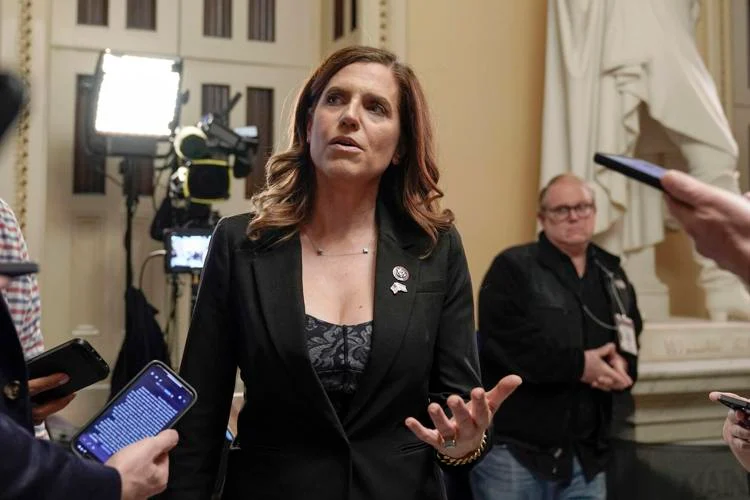Republicans have become adept at vocalizing their desire to safeguard access to in vitro fertilization (IVF) while failing to take any substantive action to protect the procedure.
Last Friday, Representative Nancy Mace put forth a nonbinding resolution expressing support for IVF and urging elected officials to safeguard access to the treatment. However, the resolution lacks tangible measures to protect IVF.
The resolution voices strong support for continued access to fertility treatments and praises the efforts of fertility care specialists. It condemns any judicial rulings that restrict access to fertility care and calls on elected officials at all levels to pass legislation proactively protecting access to assisted reproductive technology.
Despite its rhetoric, the resolution is nonbinding, signifying that Mace and her six co-sponsors, all elected officials, are not taking effective steps to protect IVF.
Furthermore, five of the resolution’s co-sponsors—Don Bacon, Anthony D’Esposito, Jen Kiggans, Nick LaLota, and David Schweikert—face vulnerability in their re-election bids. These lawmakers represent districts that favored President Joe Biden in 2020, leading to speculation that they are using this resolution to appease their more left-leaning constituents.

House Republican’s Extremely Foolish IVF Bill: A Closer Look (Credits: Bowling Green Daily News)
Following the Alabama Supreme Court’s recent ruling deeming embryos created through IVF as children, which detrimentally affected the state’s fertility industry, Republicans have rushed to express support for the procedure. Even staunchly conservative members of Congress, such as House Speaker Mike Johnson, are inaccurately claiming long-standing support for IVF.
A spokesperson for Mace highlighted earlier this week that the congresswoman co-sponsored another nonbinding resolution last year expressing support for fertility treatments. However, these symbolic gestures do not translate into concrete support for IVF.
In contrast, Mace has actively opposed preserving IVF access. She co-sponsored the Life at Conception Act, introduced in 2021 with 166 co-sponsors and again in 2023 with 124. This bill, which has not progressed, aimed to establish that life begins at fertilization.
Similar to the Alabama ruling, the Life at Conception Act would have severely restricted, if not effectively banned, IVF treatments by granting “equal protection” to “preborn” humans, including embryos. As IVF procedures commonly involve fertilized eggs that may not survive, the act would have put doctors at risk of charges for wrongful death of embryos, potentially undermining the IVF industry, as seen in Alabama.
Despite recent rhetoric, Republican actions tell a different story. When Democratic Senator Tammy Duckworth introduced a bill on Wednesday to protect IVF, Republican Senator Cindy Hyde-Smith thwarted the measure. In the House, Representative Anna Paulina Luna, the sole Republican co-sponsoring legislation to codify IVF protections, withdrew her support from the companion bill to Duckworth’s on the same day.























